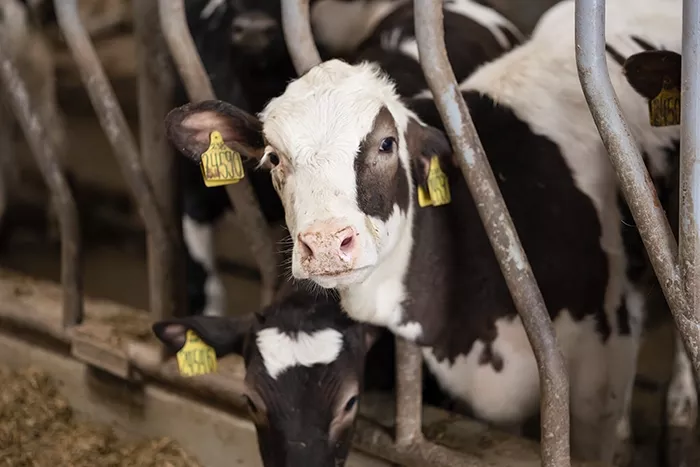The food industry will go to great lengths (and spend a fortune) to lobby policymakers, confuse the public and politicise scientific findings. When scientific evidence indicates the need to phase down environmentally harmful or unhealthy products, the responsible industry pushes back. In an article for The Conversation, Stephanie Walton, DPhil candidate in the School, explores how stranded assets may be motivating this resistance and examines the possible solutions.
News

SoGE MSc student Tabina Manzoor gives opening address at Right Here, Right Now climate summit
Tabina Manzoor, a Kashmiri student, researcher, and environmentalist currently pursuing an MSc in Water Science, Policy, and Management at SoGE, served as a student co-moderator at Oxford’s recently concluded Right Here Right Now Global Climate Summit, where she also gave an opening address at the Sheldonian Theatre.
Extreme weather events are exactly the time to talk about climate change - here's why
Josh Ettinger, a doctoral researcher in SoGE, is exploring how extreme weather events may affect the way the public feels, thinks and acts on climate change. In an article in The Conversation he explores how to talk about recent extreme weather events and climate change with people and how to shift their existing concerns about climate change into action.
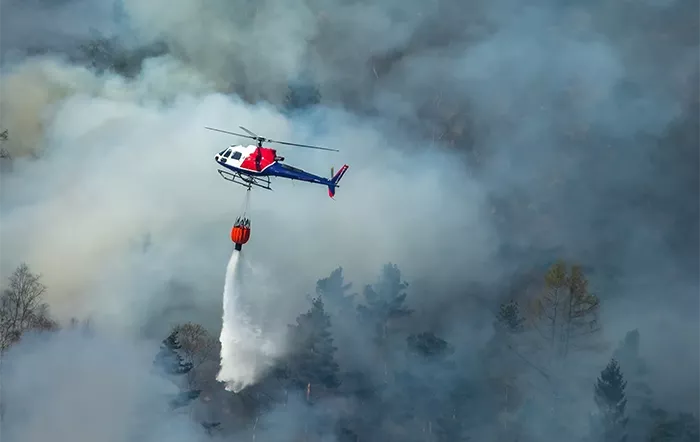
Just Four Films. BBC-Oxford social sciences join forces to turn four great ideas into fantastic new films
Two projects from SoGE - 'How the humble bean can help the world' from ECI's future of food platform TABLE, and 'How to keep cool (without heating the planet)' led by Dr Radhika Khosla in the SSEE - are among four projects turned into engaging short films in collaboration with BBC Ideas.

The Historic Built Environment as a Long-Term Geochemical Archive: Telling the Time on the Urban "Pollution Clock"
An innovative study led by Dr Katrin Wilhelm, Researcher and Departmental Lecturer at the School of Geography and the Environment, uses Oxford’s historic structures as geochemical "clocks" to reveal past pollution trends.

Go on a journey through time with the Museum of Climate Hope trail
Join us for a tour of the Museum of Climate Hope, a unique museum trail and interactive experience across all six of Oxford's Gardens, Libraries and Museums (GLAM) that cultivates climate hope by reframing the stories of real artefacts around the themes of resilience, innovation and transformation.
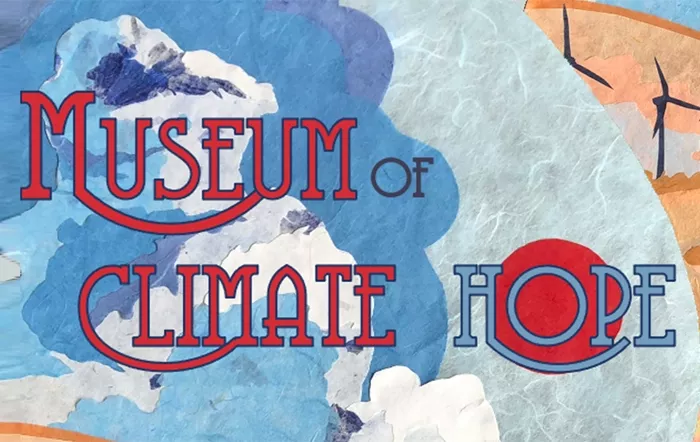
How to make homes cooler without cranking up the air conditioning
In the future, the impact of scorching temperatures will extend beyond traditionally warm regions. New research by the University of Oxford indicates that, if global temperature rise increases from 1.5°C to 2°C, countries at northern latitudes like the UK will face the greatest relative increase in uncomfortably hot days. Dr Radhika Khosla, Associate Professor at the Smith School, and Drs Jesus Lizana and Nicole Miranda from the Department of Engineering Science, explore how to keep homes cool in an article for The Conversation.

Multi-billion-dollar risk to economic activity from climate extremes affecting ports: Oxford report
More than $122 billion of economic activity - $81 billion in international trade - is at risk from the impact of extreme climate events, according to new research from Oxford's Environmental Change Institute.

UK in top 10 'dangerously unprepared' for heat, if global 1.5ºC target is missed: Oxford report
The UK, Switzerland and Norway top the list of countries heading for dramatic increases in uncomfortably hot days - if temperatures break the international 1.5ºC target, according to new research from Oxford. But, the researchers maintain, such countries are 'dangerously unprepared'.

Smart Handpump data helps deliver reliable drinking water
Almost two billion people don't have reliable access to safe drinking water. For rural communities in some countries around the world, handpumps are vital for drinking water, washing, bathing, laundry and for watering livestock and irrigating crops. However, one in four handpumps are not working at any given time and effective systems often aren't in place to manage their upkeep. Dr Patrick Thomson, Senior Research Associate at the School of Geography and the Environment, and colleagues have helped build a system to identify and fix faulty pumps sooner.
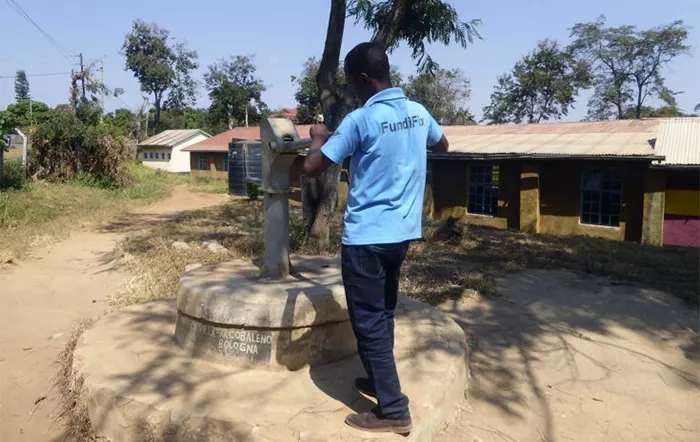
School of Geography and the Environment appoints a new Associate Professor in Physical Geography
Oxford's School of Geography and the Environment has appointed Dr David Moreno-Mateos as Associate Professor in Physical Geography who will take up post on 1st September 2023. Dr Moreno-Mateos will replace Rob Whittaker (Professor of Biogeography), who retires from the School later this year. The new appointment is in association with Oxford's St Edmund Hall where Dr Moreno-Mateos will hold the position of Tutorial Fellow in Physical Geography.
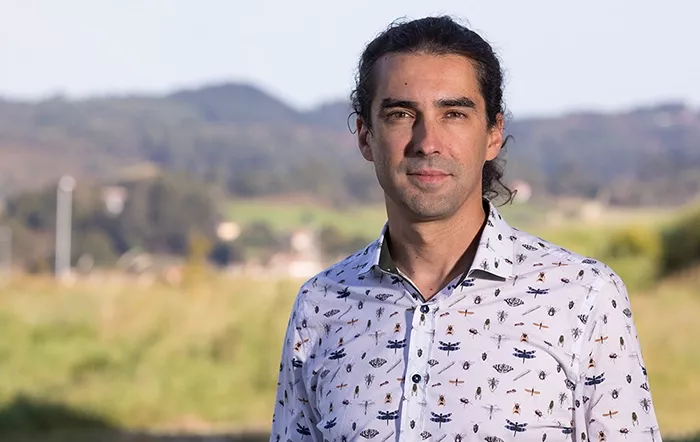
BBC Radio 5 Live's Nicky Campbell interviews Dr Kevin Grecksch on the future of privatised water in the UK
"Water companies in England and Wales are facing pressure from multiple sides because they waited too long with their investments and are now playing a game of catch-up which they cannot win," says Dr Kevin Grecksch in response to Thames Water's current talks to secure extra funding. Listen to the full interview.



